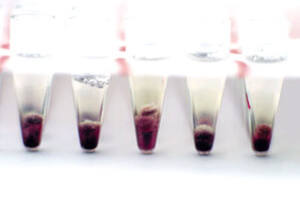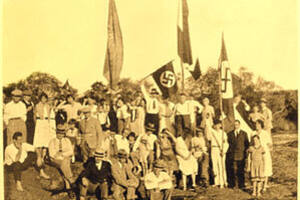Issue # 140 _ October 2007
S&T Policy
Science
50 years ago

Climate snapshots
Oceanographer reviews studies and discussions about global warming from a half century ago
By Neldson MarcolinNeuroscience

The remains of the day
A study shows the stages of sleep in which the brain stores experiences and recollections
By Fabrício MarquesEvolution

At the top of the mountain
Rise of the Andes explains the diversity of parrots in South America
By Maria GuimarãesTechnology
Genetics

Origin unveiled
Company creates software that makes paternity tests more accurate
By Yuri VasconcelosElectrical Engineering

Smart Shower
Company from Minas Gerais develops a system for recovering heat from bath water
By Marcos de OliveiraAgronomy
Silicon in agriculture
Mineral is used to control pests and increase the productivity and quality of agricultural products
By Otto FilgueirasAnalytical Chemistry

More productive seeds
Magnetic resonance measures the concentration and quality of oilseeds for producing biodiesel
By Yuri VasconcelosBiotechnology

Powerful Duet
Fly enzyme produced in yeast fights harmful bacteria in the manufacture of fuel alcohol
By Dinorah Ereno







